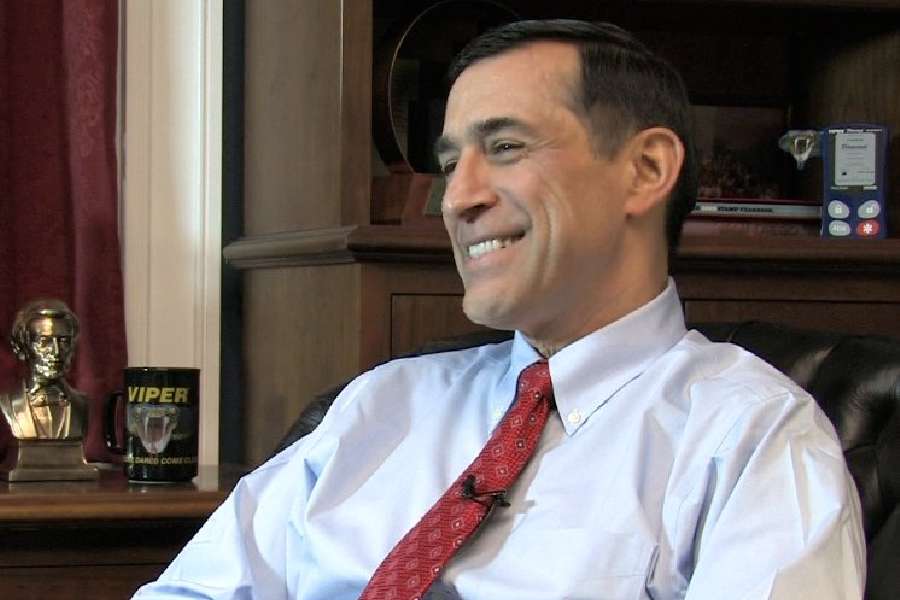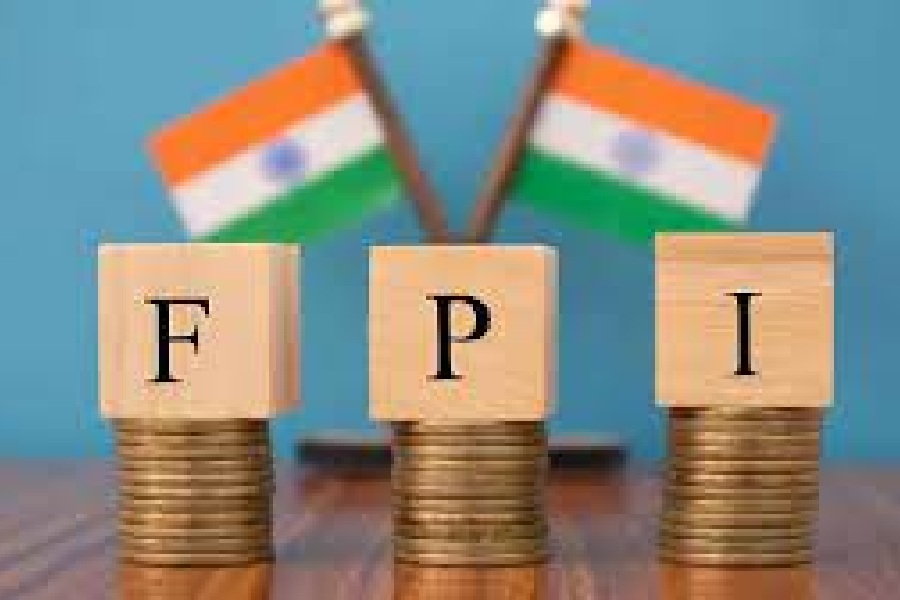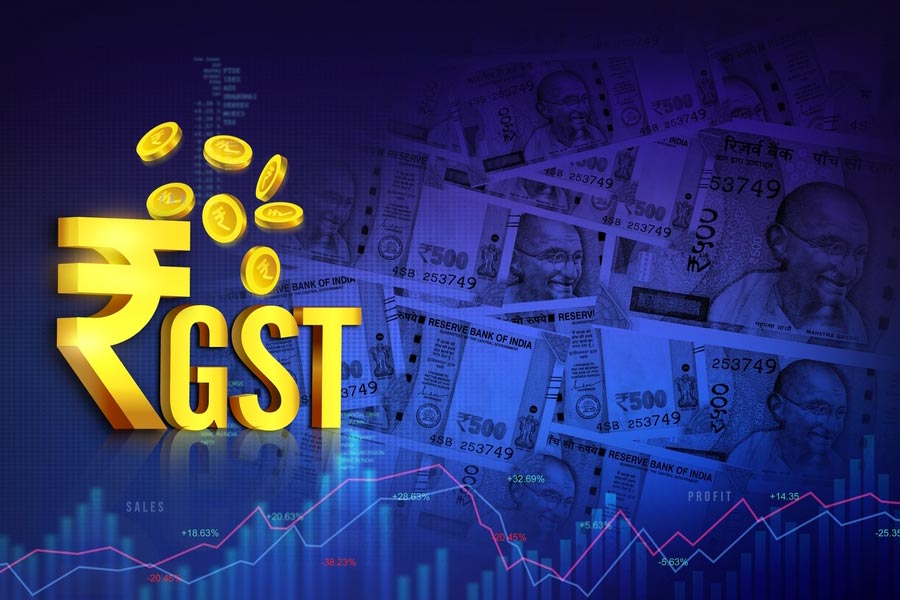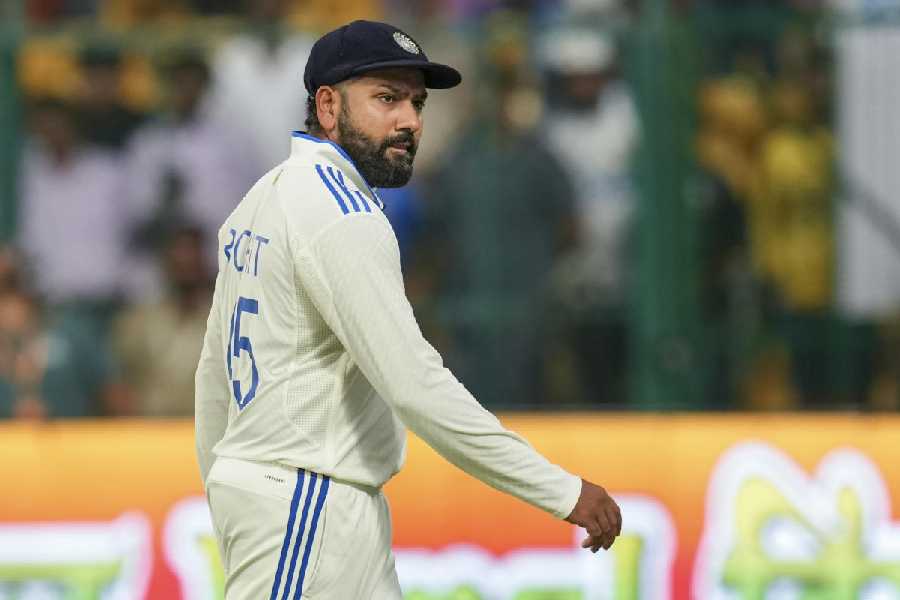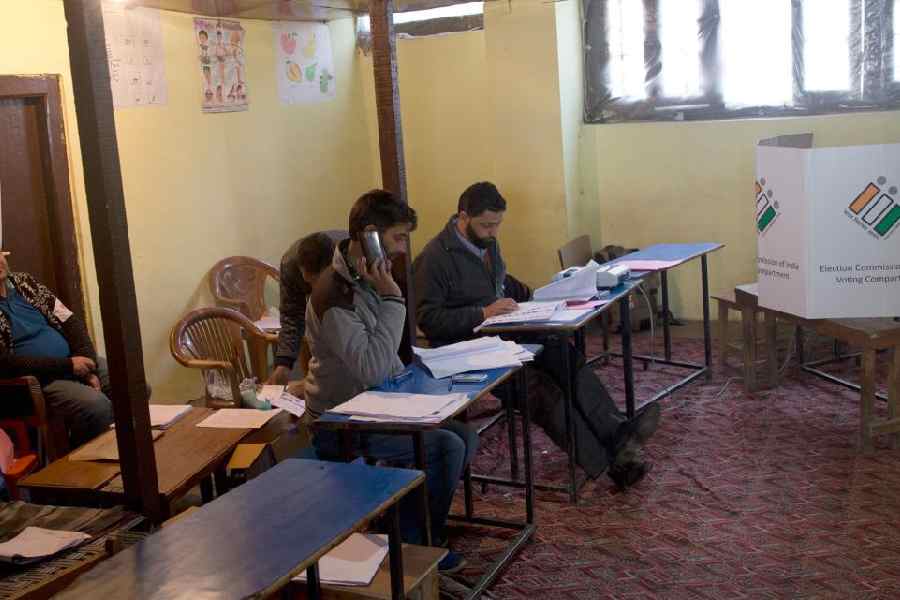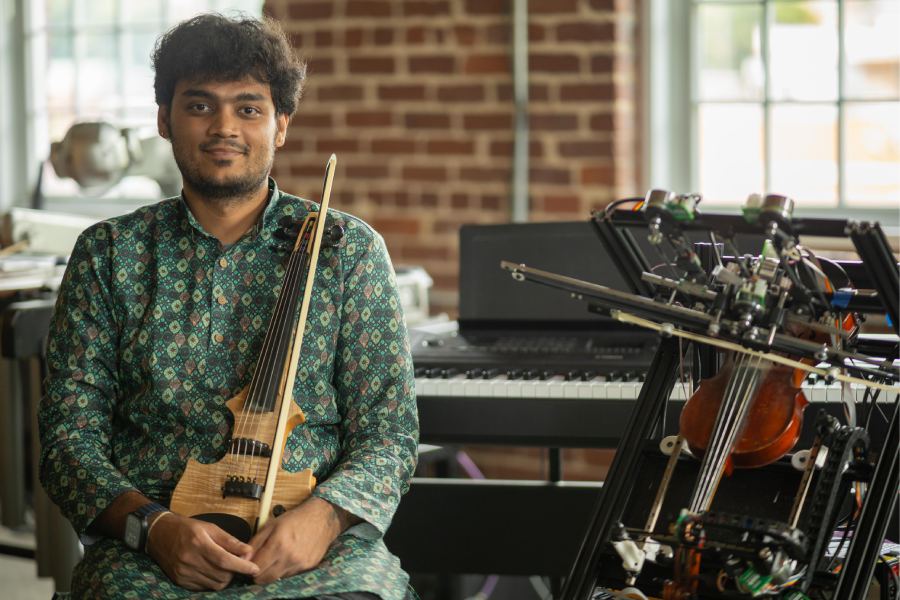The "threat" posed by China offers an opportunity for the US and India to make strong agreements, including a genuine Free Trade Agreement (FTA) to ensure that the two countries will look at each other as first partners, according to Darrell Issa, an influential American lawmaker.
Issa, a Republican Congressman from California, said this during a conversation with Aparna Pande, Research Fellow, India, and South Asia with the think tank Hudson Institute here on Monday.
Agreeing that the India-US relationship today does seem to be based in no small part on the China threat, he said, “Having said that, I view this China threat as an opportunity to do with that we did not do.” The items produced in China could be produced in India, at substantially similar costs (and) would more than allow for India to substantially replace its dirty fuel with clean fuel, Issa said.
“But that requires that the two countries really make strong agreements, including a genuine Free Trade Agreement (FTA), one that ensures that the two will look at each other as first partners. I think we're a long way down the road toward doing it,” he said at the event, ‘A Conversation with Rep. Darrell Issa on US–South Asia Relations.’ “Who are the people running some of our largest and most successful companies in the United States? Who are the innovators in the United States? Who dominates our universities? Answers quite frankly -- Indian exchange students, who want to remain here and Chinese students, who China wants to take back to China! We can harness those together. We already have,” he said.
Pointing out that he is someone who's been working on immigration reform for 20 years, and has seen that the number one challenge for Indian H-1B and other temporary visa programmes (for people) who want to become permanent residents and citizens, the Congressman acknowledged that the backlog is huge.
“The fact is that the amount of Indian investors who would like to expand their L visas like to bring greater amounts over is massive. These are people who, yes, they want to have a nexus to the country of India. But they also want to have a real foothold in the United States,” he said.
Advocating the FTA, Issa said, “India and the US cannot be partners only against something and expect it to last. Britain, Australia, New Zealand, Canada, and for that matter, the NATO alliance ... all have common sides. But they also have ever-growing free trade agreements, ever-growing mutual agreements to share technology. They also have companies which are headquartered in one and substantially doing business in the other.” “The same has to be done for India. Are we equal partners? No, we're not. We have more money. You have more people. We have more people who want to be lawyers. You have more people who want to be engineers,” he said.
The Congressman observed how the Indian and the US societies “share many of the same values, but approach the work ethic and the education ethic in a substantially different way” in which the shortages in the US are disproportionately able to be filled in partnership with India.
“I don't believe in one world. I believe that the world is made up of partnerships. And a partner of one to another is bilateral. But when a partner of one has five other partners and invites them into that relationship, then you build a multilateral relationship,” he said.
Responding to a question on the upcoming elections in Pakistan, Issa said the country does not have a free and fair election.
“Pakistan does not have free and fair elections. Pakistan, at best, has elections in which somebody can win in spite of the incumbent system pushing against them. But that means the only time there's a change in power in Pakistan is when it gets really bad when the people are so adamantly opposed, that in spite of all that, there is a change.
"When there is it usually doesn't end up being because you still have the corruption that is endemic in there the absence of rule of law and foremost, you have the military, and no government can long remain independent when at the end of the day, your ability to be independent is kept in the hands of the military,” he said.
“If you displease them, one way or the other, you'll be gone," he said, adding that he continues to believe that there are small differences. In democracies, local elections sometimes can give you honesty and improvement, national elections are usually the last ones to give you that. The same is true in India,” he said.
Except for the headline, this story has not been edited by The Telegraph Online staff and has been published from a syndicated feed.

